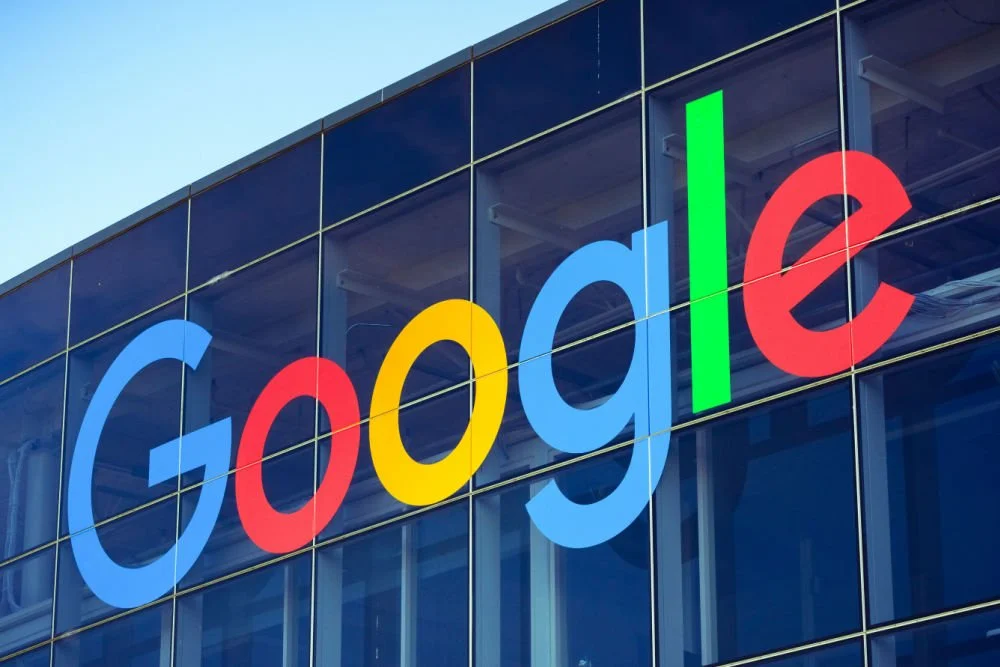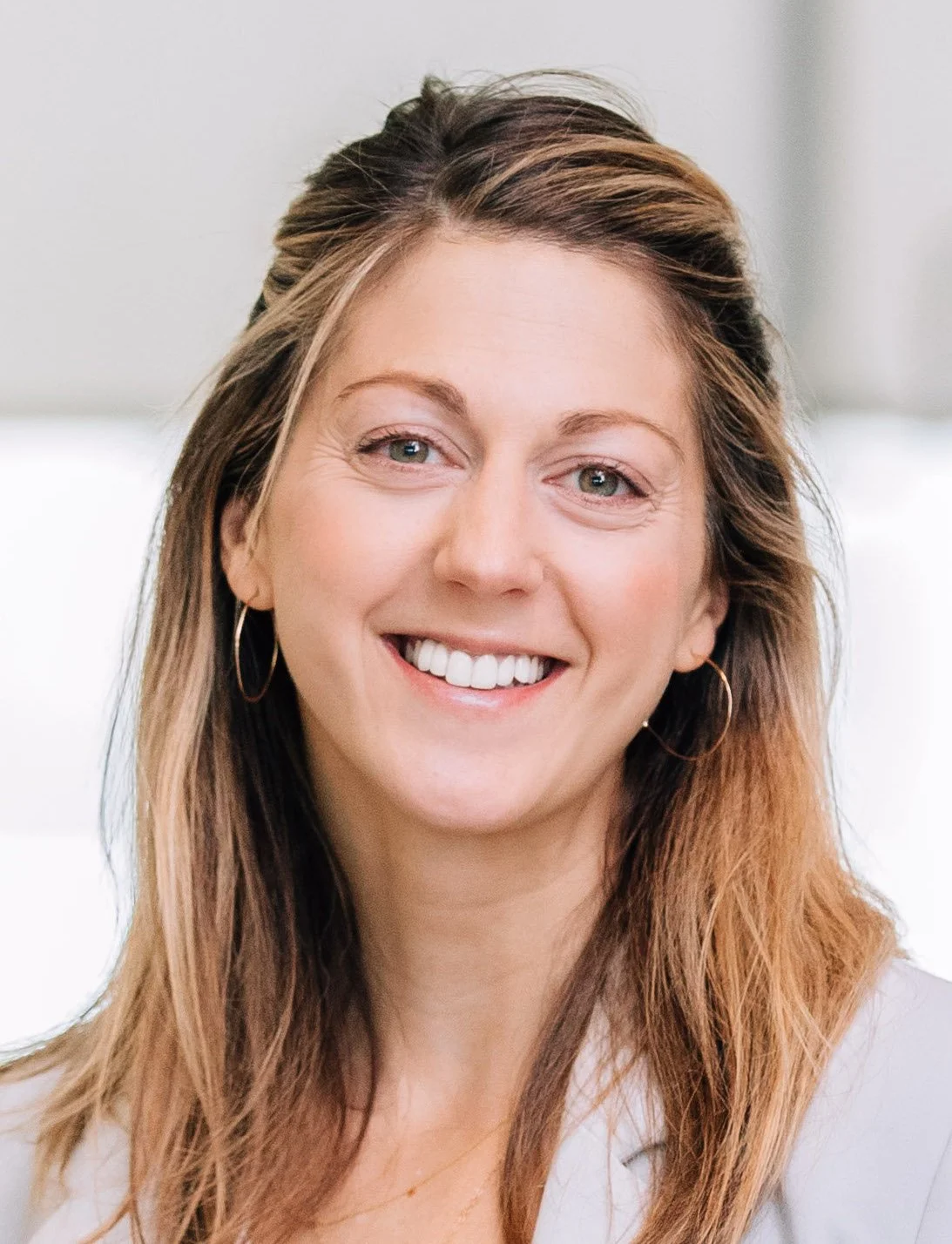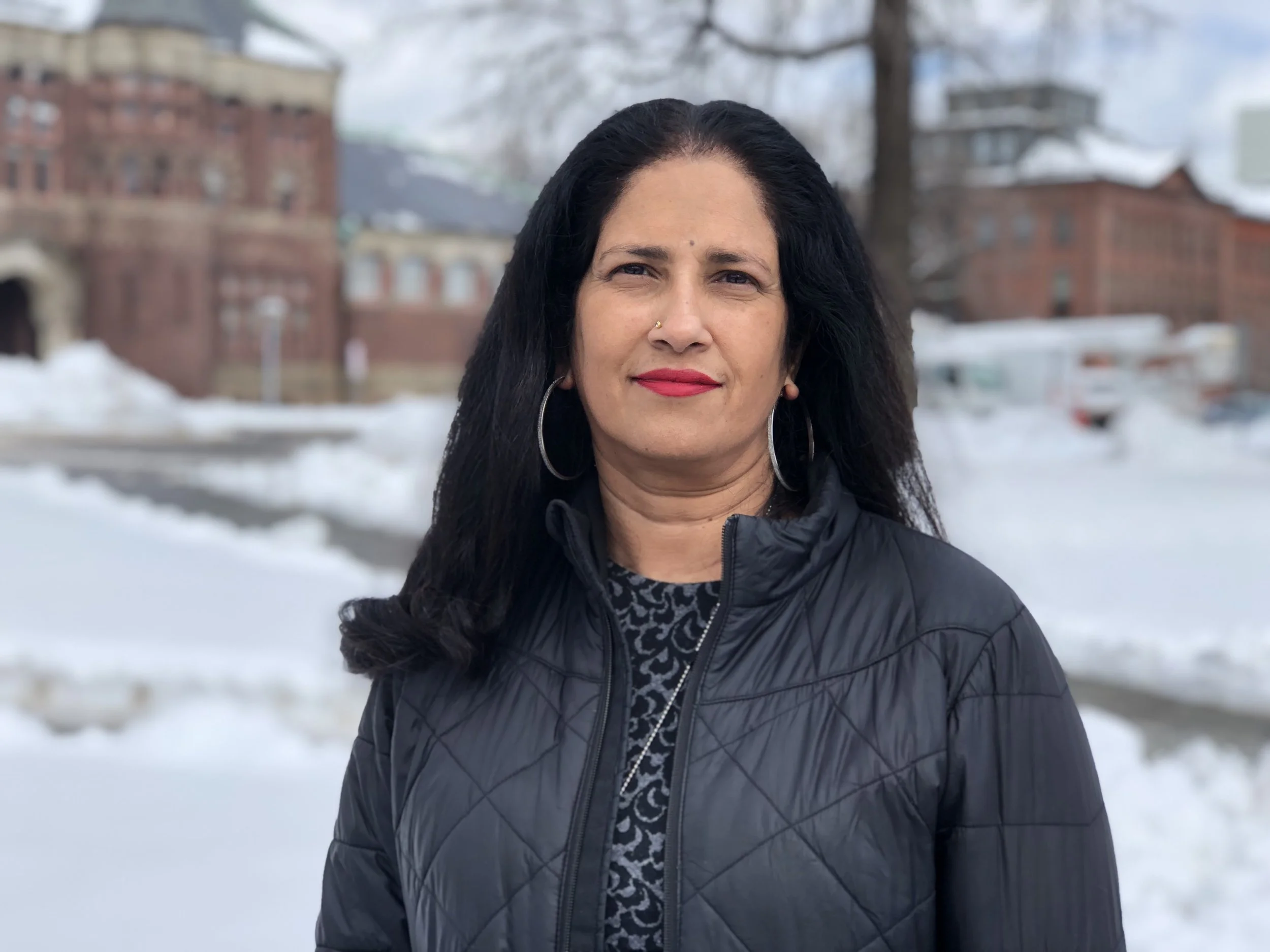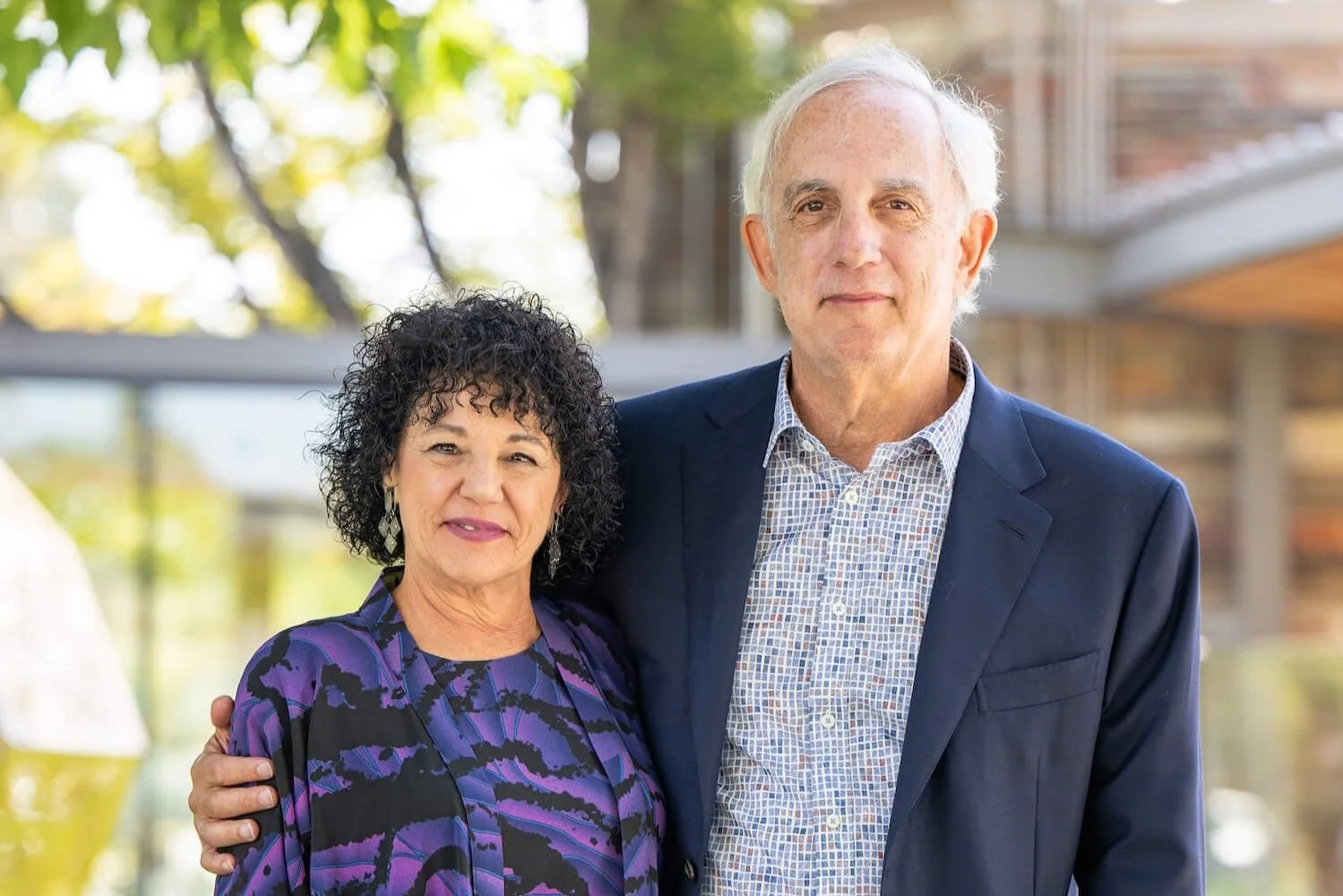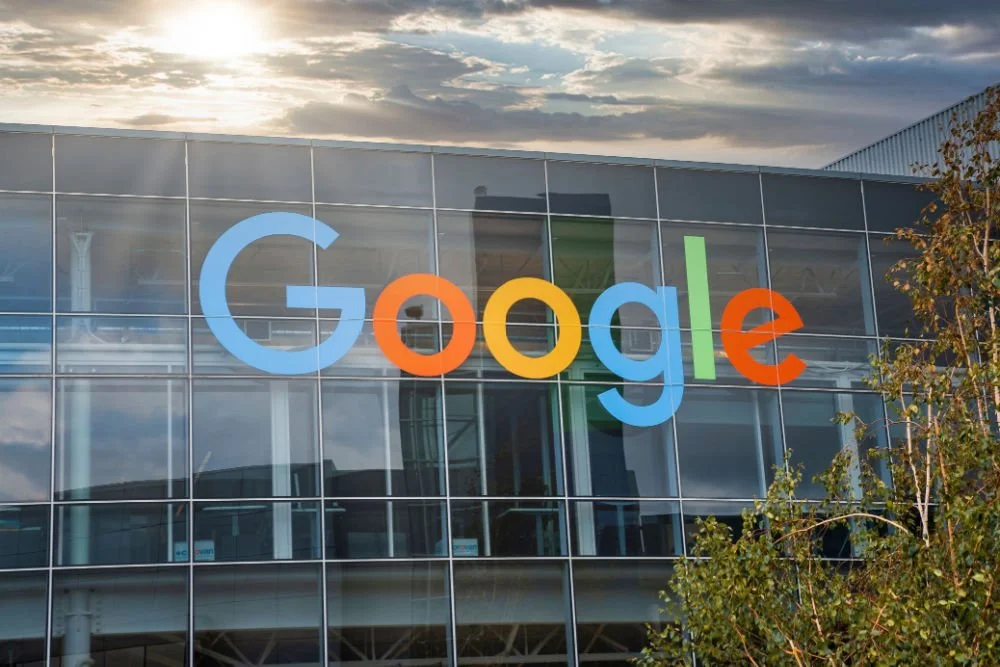A Tech Billionaire Takes on... Tech. What's His Larger Game Plan for Giving?
/The googleplex in silicon Valley. Uladzik Kryhin/shutterstock
Craigslist founder Craig Newmark recently put up $20 million to launch The Markup, a new journalism outfit that will investigate and examine the effects of the powerful tech industry and its tools on people and society. The announcement comes as Newmark admits he has no plans to sign the Giving Pledge, but has already exceeded its requirements that signatories give away at least half their wealth.
Since founding Craig Newmark Philanthropies in 2016, Newmark has evolved as a powerful force in support of responsible journalism. He says he’s now given more than $60 million to support the press. Some may find this ironic given the role that free online ad services like Craigslist played in decimating newspapers’ revenues, but Newmark has denied that guilt motivates his giving.
Related: "Somebody Has to Stand Up." A Few Takeaways From a Big Journalism Give
The $20 million gift to The Markup is Newmark’s second gift of that magnitude in 2018 alone. Earlier this year, Newmark gave $20 million to the CUNY Graduate School of Journalism as an endowment and to support the school’s News Integrity Initiative.
Newmark has also given several smaller gifts to fight disinformation, an area that’s received attention since the 2016 election and the role “fake news” may have played in deciding its outcome. These gifts include a $1 million gift to Mother Jones, with a focus on disinformation and data journalism, and a $1.5 million gift to the Shorenstein Center on Media, Politics and Public Policy at the Harvard Kennedy School to support First Draft, an initiative fighting disinformation worldwide.
A Major Wake-Up Call
It’s hard to miss the spectre of 2016 in this latest gift, which will support investigation of how the tech industry and its tools shape society. In the months following the election, the role that social media platforms, particularly Facebook, played in spreading disinformation became clearer.
“The tools of the tech industry’s platforms are now a big part of our lives and a big part of the way we govern ourselves—our politics—and it has to be done just right,” Newmark told us. “Technology also has unexpected and unpredictable effects on our lives, and we have to understand that, good and bad.”
“Previously, we didn’t quite get how big the effect would be, what the effect would be. Now, we do,” he said. “People with goodwill who have the resources should do what we can to make things better for everyone.”
Since 2016, more people have started asking questions about the ethics and responsibilities of tech companies and their powerful platforms. Facebook founder Mark Zuckerberg appeared before Congress earlier this year to answer for his company’s data privacy practices and interactions with Cambridge Analytica, a firm that mined the site’s user data to benefit its political clients.
Julia Angwin, who will lead the editorial team at The Markup along with fellow ProPublica alum Jeff Larson, says the 2016 election was less of a wake-up call and more of a moment when people started paying attention to the warning signs she covered for years. “For me, I had been writing about these types of issues for such a long time, so 2016 was great because people woke up to what I’d sort of been shouting into the wind about,” Angwin said. “People didn’t really get it, because basically you didn’t see an impact. It wasn’t clear that it really mattered to someone in the New Hampshire state primary what we were writing about.
“It didn’t seem like it had any real human impact. So I was really happy in 2016—I mean, not happy—but I was happy that people finally seemed to have woken up to the fact that there are real consequences to allowing this unfettered surveillance economy.”
Angwin’s background is in tech journalism. While at ProPublica, she and Larson uncovered discriminatory advertising practices at Facebook, bias in software used for criminal sentencing, and technological vulnerabilities at Mar-a-Lago, President Trump’s country club in Florida. Before that, Angwin worked for the Wall Street Journal and wrote several books on the tech industry. They’re joined by Sue Gardner, the former head of the Wikimedia Foundation, who will serve as executive director.
It’s not just politicians and journalists that are sounding the alarm about the dangers of big tech. Since 2016, more philanthropists have taken up the call for better accountability.
An independent research commission, which will examine the role Facebook plays in elections and the democratic process, has the support of several funders. Those backers include the William and Flora Hewlett Foundation, the Alfred P. Sloan Foundation, the Charles Koch Foundation, the Democracy Fund, the John S. and James L. Knight Foundation, the Laura and John Arnold Foundation, and the Omidyar Network. The Knight Foundation donated $2 million to The Markup’s launch.
Related: Amid Rising Alarms About Big Tech, What Is Philanthropy's Role?
That said, few philanthropists are backing more radical initiatives such as Barry Lynn’s Open Markets, a project that takes aim at monopolies and the dangers to democracy posed by concentrated economic power. Lynn praised a $2.7 million penalty the European Union imposed on Google for antitrust violations and has called on the Federal Trade Commission to restructure Facebook.
Open Markets receives support from the Nathan Cummings Foundation and a few other funders, but has struggled to get bigger grantmakers to sign on to its tough stance toward the tech industry.
Craig Newmark Philanthropies Going Forward
The other piece of this story is what the future of Craig Newmark’s giving could look like. As mentioned above, Newmark has come into his own as a vocal and generous champion of a free and responsible press.
At an event at the National Press Club in Washington, D.C., in part to promote Newmark’s support of The Markup, he revealed that he has already given away more than half his wealth. He has no intention of signing the Giving Pledge though, referring to the campaign launched by Bill Gates and Warren Buffett in 2010 to encourage the world’s billionaires to give more than half their wealth to charitable causes, either during their lifetimes or at their deaths.
The pledge doesn’t specify how individuals should give away their fortunes or contain any mechanisms to ensure they follow through on their promises. Since 2010, nearly 200 individuals have signed the pledge.
In recent months, Newmark’s giving has been heating up. This was his second $20 million gift in 2018. As detailed earlier, there have been a number of gifts in the $1 to $2 million range as well. In the short term, Newmark said he plans to announce some sizable gifts in the near future, though not quite in the $20 million range.
Still, the Craigslist founder says he has little interest in signing the Giving Pledge.
“I decided I might as well just go exceed it, without going through the rigmarole,” he said at the recent Press Club lunch. Newmark later clarified that by “rigmarole,” he meant paperwork.
Newmark also attributed his reluctance to his self-image as a normal guy. “I’m not that big a deal,” he said. “You know, Gates and all that, those are the big people.” Newmark has an estimated net worth of $1.6 billion.
Newmark also revealed he has no plans to scale up his foundation. Craig Newmark Philanthropies, which launched in 2016, has only one employee listed on its website, Jason Yurasek. Yurasek serves as general counsel, officer and director of the organization. Newmark says he prefers to keep things small and maintain his hands-on approach to giving.
“I feel like I’m most effective this way. It forces me to do what I’m naturally inclined to do—to be personally involved every day, to be hands-on every day,” Newmark said. “As an engineer, I’m a hands-on guy.”
“My model is to work with the people I’m funding,” he said. “Finding the people with good groups, finding them resources, staying out of the way, maybe that’s the model.”
Related:






















